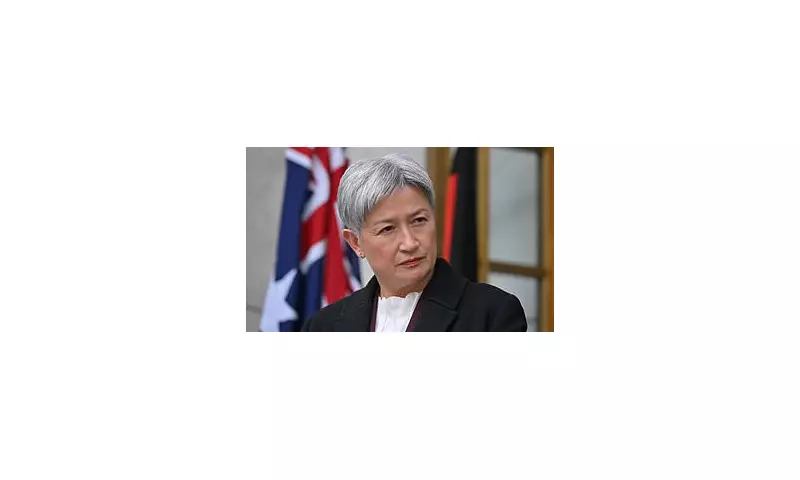
In a remarkable development that has sent shockwaves through international diplomatic circles, Australian Foreign Minister Penny Wong and former US President Donald Trump have found rare common ground in their criticism of the landmark AUKUS submarine agreement.
Unlikely Allies in Defence Criticism
The extraordinary alignment emerged as both political heavyweights expressed deep reservations about the multi-billion pound defence pact between Australia, the United Kingdom, and the United States. The agreement, designed to provide Australia with nuclear-powered submarines, has faced mounting scrutiny from both sides of the political spectrum.
Trump's Stark Warning to Allies
During a recent interview, the former US president issued a blunt warning to Australia regarding the substantial financial commitment required for the submarine programme. "We have to help them. But they have to pay, Trump stated, emphasising his expectation that American allies should bear their fair share of defence costs.
Wong's Strategic Concerns
Meanwhile, Minister Wong articulated serious concerns about Australia's capacity to manage such an ambitious defence project. Her reservations centre on whether the nation possesses the necessary technical expertise and infrastructure to maintain and operate nuclear-powered vessels effectively.
AUKUS Under mounting Pressure
The submarine agreement, hailed as a cornerstone of Western security strategy in the Indo-Pacific region, now faces challenges from multiple fronts:
- Financial sustainability questions regarding long-term funding
- Technical capability concerns within the Australian defence establishment
- Political uncertainty stemming from potential changes in US leadership
- Strategic implications for regional power dynamics
Regional Security Implications
This unusual convergence of criticism from two prominent but politically opposed figures highlights the complex challenges facing the AUKUS partnership. The agreement represents a significant shift in Australia's defence capabilities and has been viewed as a strategic counterbalance to China's growing influence in the Pacific region.
As both American and Australian politicians express reservations, the future of this massive defence undertaking appears increasingly uncertain, with potential implications for global security architecture and Western alliances in the Indo-Pacific theatre.





